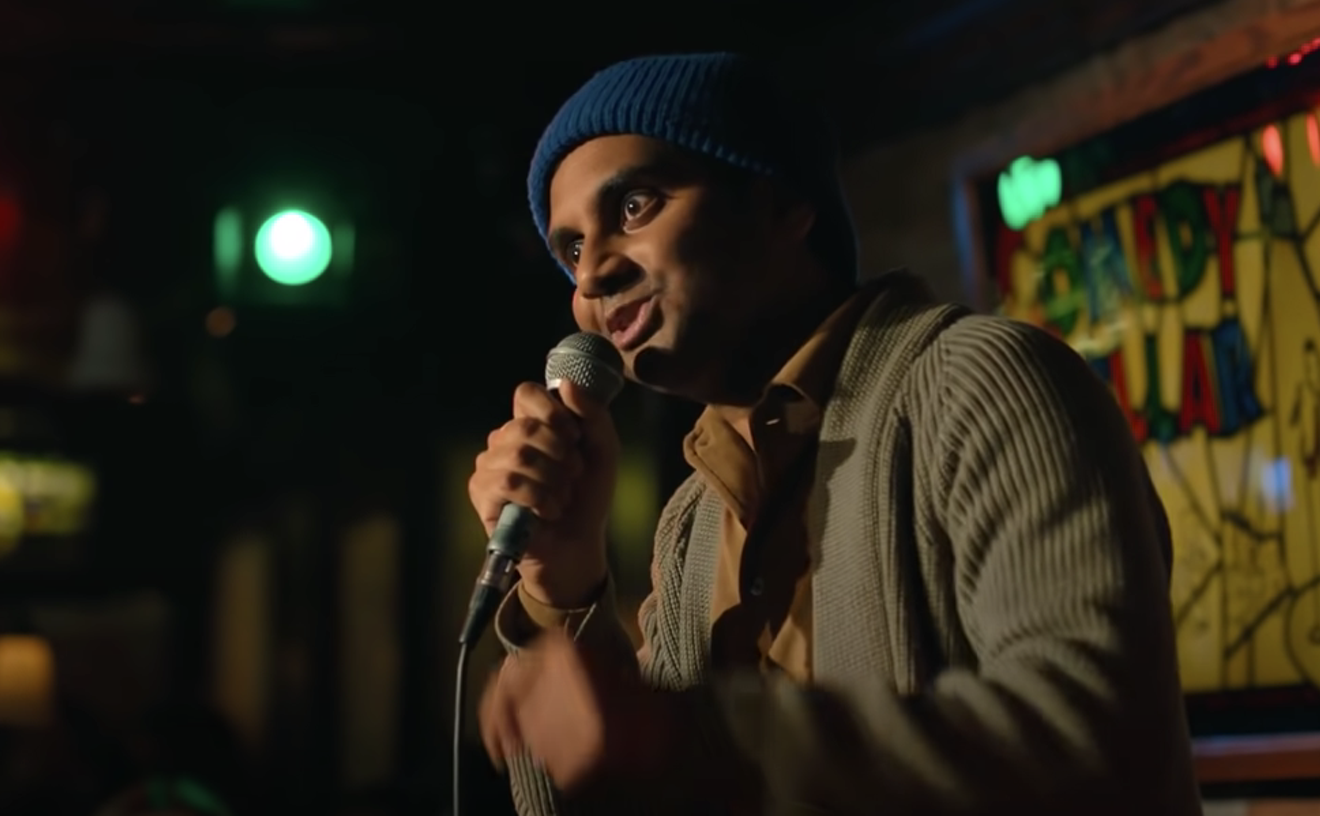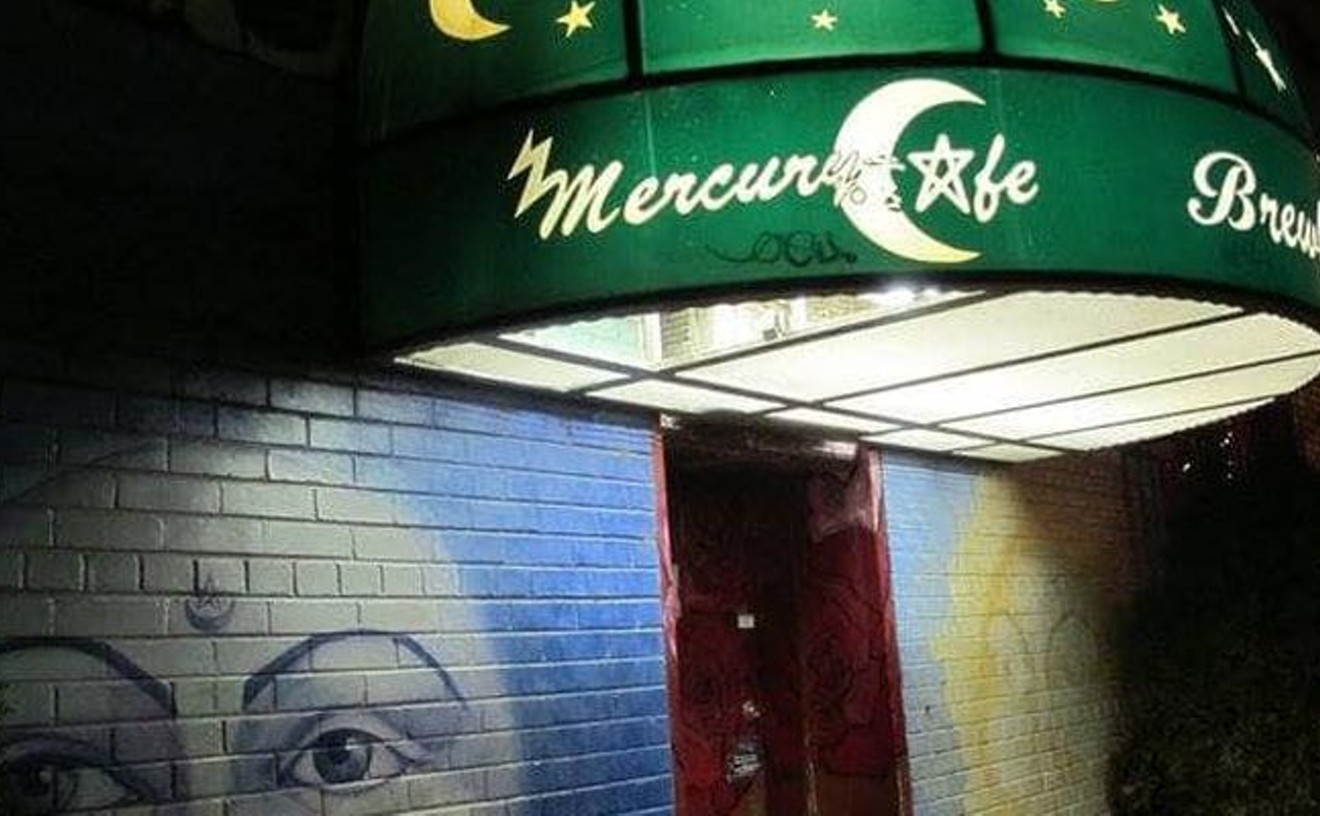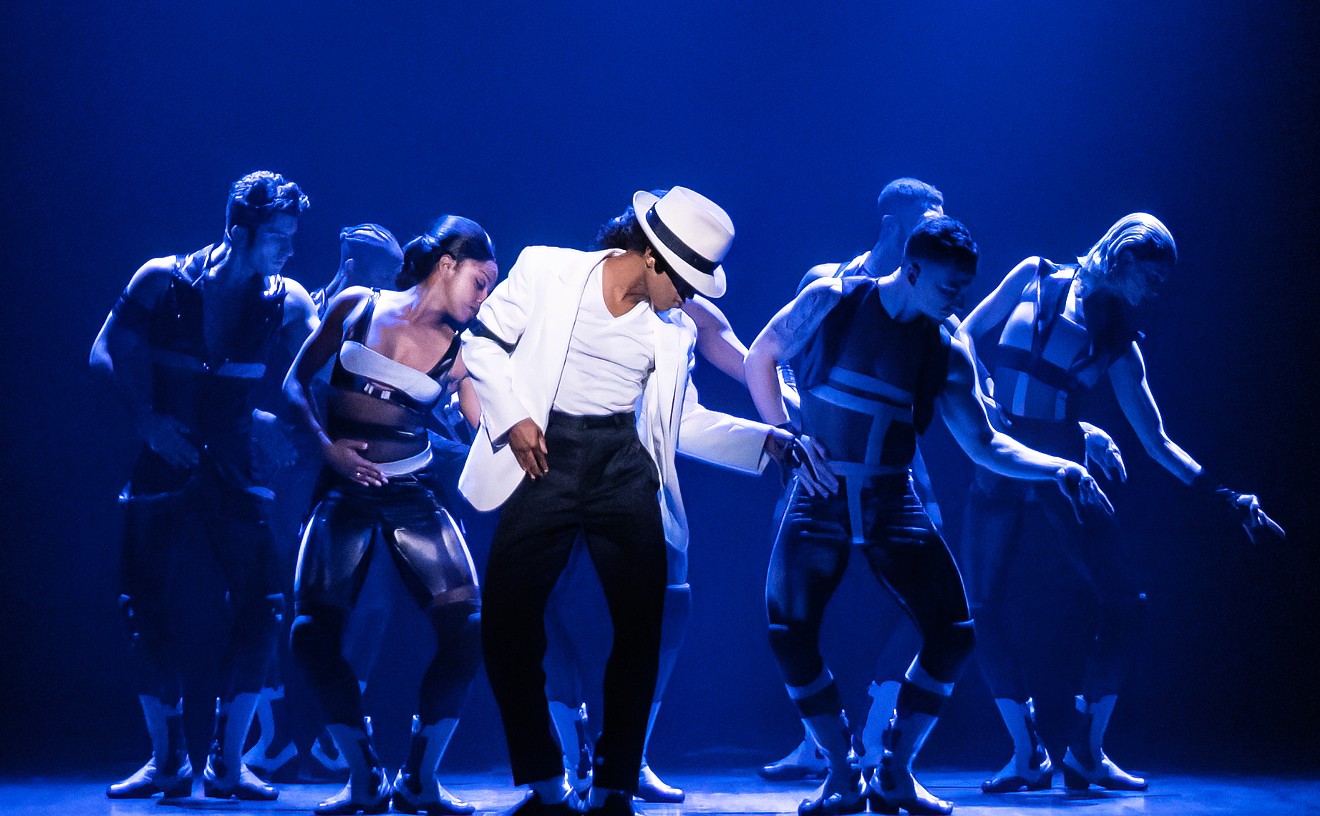Donahue will be at the Tattered Cover Colfax at 7:30 p.m. tonight to read from Growgirl; we caught up with the insightful Donahue in advance of her signing and talked about life after Blair Witch, writing a book and, of course, weed.
Westword: What made you want to write Growgirl?
Heather Donahue: Oh god, there were so many things that made me want to write the book. When I first moved up to Nuggettown I thought I might write about this idea of a city mouse-becomes-country mouse kind of story and pretty much halfway through the year foxes ended up eating my chickens and deer ate my whole veggie garden so I didn't think that was gonna work out quite so well. And by the time the year really wrapped up, I realized that the much more compelling story was of this industry that so many people touch but don't really know about. What do you hope happens with the government in relation to the marijuana industry?
I'd like to see legalization happen, but I would like to see legalization happen with some consideration to the people who've built up the business. I would hate to see it become completely corporatized and have the people who've created this business so successfully become sharecroppers. I think that would be incredibly unfortunate, because right now the marijuana business is one of the few sectors of our economy that'd be supporting a thriving middle class. It's really the only multi-billion-dollar business that's non-corporate.
In the book you talk about gender dynamic in the growing business. Why do you think the industry is so male-dominated?
I think when I first started out it was because women tend to have a stronger self-preservation instinct [laughs]. So I'm not even sure that there weren't as many women growing, they just certainly were not as visible. It's a tough job from the emotional and psychological point of view, because you can't really be friends with your neighbors, you can't really let people know what you're doing even when you're staying legal because it's a federal issue. So it is kind of isolating. The community that you're a part of is limited to people who do what you do, so it does become a little bit incestuous, in a way. I think, not to be a gender essentialist, guys have a slightly easier time with that. I really missed not getting to know my neighbors or not being able to invite my neighbors over for dinner. For me it was hard to have my parents worried about me all the time. I felt bad about that. And also at a certain point you want to make something that you can share widely. I did, anyway. It was an incredibly satisfying job, and I often miss it a lot, but I also really love writing and I've really enjoyed touring and being able to share my work with people.
What do you miss about the job?
I miss, sometimes, the solitude. I miss the silence. I miss the people that lived in the town that I lived in. I miss the plants themselves. I miss the satisfaction of growing something and watching it get a little bigger, advance each day. That was incredibly satisfying. So many things in our lives, in our jobs have gotten really abstract, and I really enjoy doing something so tangible.
Why did you decide to make the jump from growing to writing?
I was always writing. I actually got into acting from writing. I was a big reader from when I was a very little kid. I was sort of freakish and could read at a very young age and so for me acting was sort of this extension of storytelling. So for me it wasn't a big career change, it was just sort of burrowing down into what I was already doing. It was just a different way of being a storyteller.
Would you ever return to acting?
Oh, no. Acting is a really fun job in your twenties and I highly recommend it. Once I started hitting my thirties I wanted to find something that I could do for the rest of my life. And I just didn't feel like acting was that kind of thing.
It's pretty hard on women.
It's incredibly hard on women. I didn't even want to entertain Botox. And I'm much happier being a behind-the-scenes person. I was never really comfortable with that kind of spotlight, under that kind of glare. It didn't feel very good to me.
What do you hope that people get out of reading your book? I hope that people get courage out of reading it. I like the idea that people might question things that they're told are wrong or dangerous or illegal, even, and look at it their own way. And to really have the courage to let go of things and start over again. Ultimately, that's what the book is really about. It's about thinking that you were something and then finding out that thing is no longer an option and you have to become something else and you have no idea what you're gonna become or how you're gonna become it. So you just surrender until it appears.
What effect did your experience with Blair Witch and the movie industry have on your writing?
I think, if anything, if Blair Witch had an effect on my writing life it was to make identity my preoccupying theme. I think this idea of losing one's kind of job and name at the same time, which is sort of what happened with Blair Witch, it really does cause you to really have to investigate who are you and what is that self at the core. Like, what remains if some of those things that are essential to most people become stripped away.
And what did you find?
I found actually that not much remains, and we really do have this possibility of remaking ourselves all the time.










